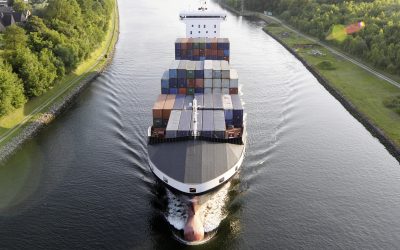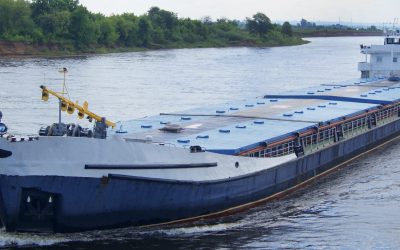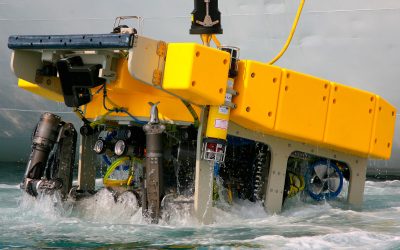
Capt. Runa Jörgens
Head of Issues and Projects
Phone: +49 40 9999 698 - 71
E-Mail: Joergens[at]dmz-maritim.de
For Germany as an export nation, a high-performing, internationally competitive maritime sector is of great overall economic importance – especially with regard to the competitiveness of Germany as a business location and with a view to securing growth and employment. The sub-sectors of the maritime economy remain industries of the future, even in a difficult global market environment. To remain competitive, the maritime industry needs sufficient numbers of appropriately qualified people.
It is estimated that up to 400,000 jobs are directly or indirectly dependent on the maritime economy. To date, there have only been concrete analyses that record how many workers are actually employed in the maritime sector for certain sub-sectors but not for the entire maritime sector. Moreover, existing analyses usually only look at the number of employees while not considering demographic structures and educational backgrounds. However, for maritime companies undertaking strategic human resource planning, it is just as important to have a survey of employees’ age structures and competences as it is for educational policy decisionmakers.
Demographic change does not stop at the doors of the maritime industry – as a result, the large group of baby boomers is gradually retiring, while fewer and fewer young people with suitable qualifications are available to the maritime labour market for training. This is because more and more school-leavers have a higher-education entrance qualification and aim to enter tertiary education. This trend towards academisation makes it increasingly difficult to attract young people to the dual apprenticeship system.
In addition to these challenges, there are also changes underway in the world of work. Increasing digitalisation is having a major impact on the demands on employees and the skills they require in many companies in the maritime industry. Multiple companies are therefore competing for specialist workers with digital skills, which is why it can take longer to fill vacancies.
All of these factors are contributing to skills shortages, which are particularly noticeable in the occupations of the maritime sector (STEM occupations). Consequently, it is becoming more difficult for companies to find new employees and retain them in the long term.
In order to be able to find enough suitable personnel in the future despite these challenging conditions and thus to continue to survive in global competition, the maritime industry needs strategically designed human resources requirements planning.



























